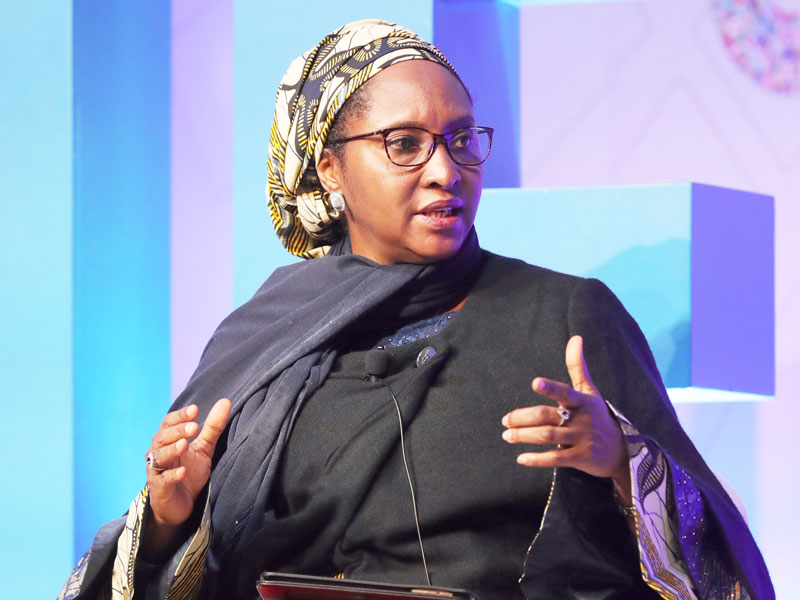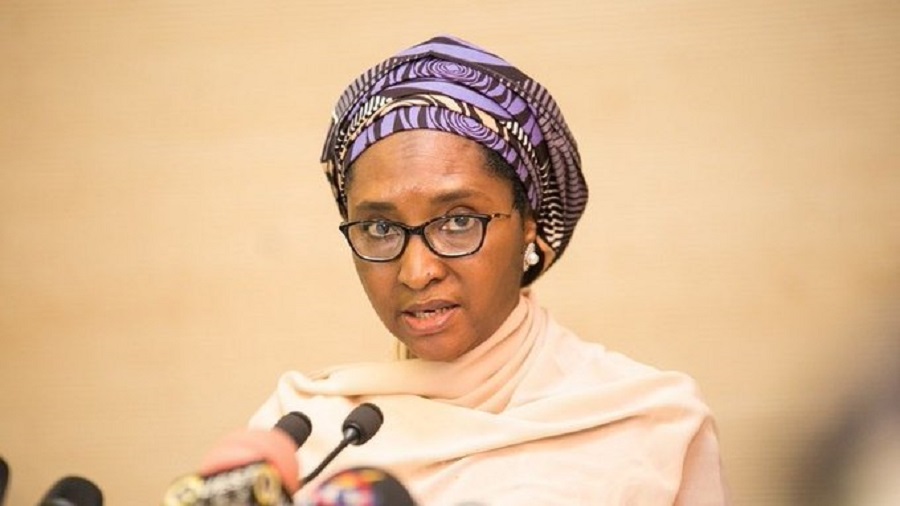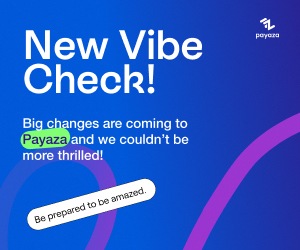The Nigerian government has scheduled the second quarter of 2023 for the removal of fuel subsidies. On January 4, Nigeria’s finance minister, Dr Zainab Ahmed said only N3.36 trillion had been earmarked for fuel subsidy payments in 2023. So, by June 2023, fuel subsidy payments will be stopped.
Following the removal of fuel subsidies, Nigerians are expected to pay more for fuel. Recall that diesel has already been fully deregulated in Nigeria and consumers are paying an average of N800 per litre for diesel. The same will apply to fuel, maybe not in terms of pricing, but the logic of paying more for the commodity applies.
In November 2022, oil marketers said the lowest price fuel can be sold without subsidies is N400 per litre, so they can break even. However, some Nigerians are currently buying fuel for between N250 and N300 per litre in filling stations as opposed to the regulated N190 per litre. This is more common in states outside major cities like Lagos and the federal capital territory (FCT), Abuja.
The big switch: In February 2023, renewable energy industry player and Chief Executive Officer of Ceesolar, Chibueze Ekeh, told Nairametrics that in 2023, solar energy will see a boost in the country. This is because more Nigerians are looking for alternative sources of power supply and they will explore solar systems for their households and businesses.
Also, in February 2023, the Chief Executive Officer of Extreme Mutual Technique, Bome Ojoboh said that the fuel subsidy removal is a big opportunity for more Nigerians to switch to solar energy.
The question now is how affordable solar energy systems are, given the fact that more Nigerians are facing rising inflation rates across the board as well as multidimensional poverty. In a conversation with Afolabi Williams, a Lagos-based solar power systems installer, Nairametrics learned that Nigerians of all social statuses can afford a solar power system.
According to Williams, there is a solution for everyone, however, the power requirement of a nuclear family household dwelling in an urban area will be different from the power requirement of an extended family household in a rural area.
Household scenarios: Williams tried to work out possible costs using the following scenarios:
- 3-bedroom: Powering a household with a 3-bedroom apartment containing a freezer, a standing fridge, two air conditioners, 8 lighting points, two television sets, and two decoder sets will cost around N7 to N9 million and will be stable for five hours at noon and five hours at night with the battery powering the system when the sunlight is no longer available. The number of hours could extend beyond five if all the loads are not powered at the same time. So, the less load the system carries, the more hours the system lasts.
- 2-bedroom: Powering a 2-bedroom containing a fridge, an air conditioner, a TV and decoder set, a microwave, and 6 lighting points with solar power, will cost around N6 million to N8 million. Power will be stable for five hours at noon and five hours of usage on the battery at night when sunlight is not available. The same technique applies to the 3-bedroom. All loads should not be powered at the same time, so the solar power source can last longer. This is if all the loads are turned on at the same time, if not, it could last longer.
- 1-bedroom: Powering a 1-bedroom containing a freezer, 4 lighting points, one television set, one decoder set, and two standing fans with solar power will cost around N4 to N5 million. Power will be stable for 10 hours, guaranteed five hours at noon and five hours at night, with a battery warranty for 10 years. At this point, it is also important to note that many Nigerians may not afford N5 to N9 million to install the solar power system.
- Bearing this in mind, there are cheaper options. Williams told Nairametrics that a solar power system that costs between N2 to N3 million with a warranty for one year, can power the same load for 10 hours.
- Also, a solar power system that costs between N500,000 to N1 million with a warranty for less than a year, can power the same load for five hours or less.
Small business scenarios: Williams also gave possible costs for those who engage in small businesses and may be on the lookout for solar power systems adoption:
- Powering a small bakery business with two mixers, a microwave, and 3 lighting points may require between N4 to N6 million and will power all loads from 8 am to 6 pm, The inverter that comes with the system will last for five years and the batteries will last for 10 years.
- Powering a small barbershop with four clippers, a television set, a decoder set, and 2 lighting points will cost between N300,000 to N600,000.
- Meanwhile, setting up a solar power system for a small hair salon with 2 hand dryers, a television set, a decoder set, a hair straightener, 2 lighting points, and a tabletop fridge will cost between N600,000 and 1 million.
Solar power systems are a long-term investment: Williams told Nairametrics that although the economic trends in the country are not encouraging, Nigerians need to see solar power systems as a long-term investment. This is because costs incurred over time (up to five years or more) powering a diesel or fuel generator are equally expensive. However, solar power systems are more sustainable over time and do not pollute the environment as much as fuel and diesel.






















The prices here are too excessive. Many have enjoyed almost 18 hours of power in a 2-bedroom apartment with a standing fridge, laptop, tv, decoder, ceiling fan and 7 lighting bulbs. It’s been almost 2 years
What’s the price for these?
Firstly I want to present the understanding that I had no input to this article, secondly I am a solar expert.
Looking at the prices, they may seem to be on the High side but in my opinion, the reasons for this are; one, the type of batteries used; lithium; implied from the 10 years warranty on the batteries, and two; the load to be powered, if you are to power loads such as air-conditioning systems, freezers, microwaves, the solar requirement experiences an off the charts increment relative to powering basic loads like lighting, fans (not indutrial), TV, rechargeable devices etc.
It was also mentioned at the latter part of the article that there are setups with 1 year warranty with lower prices.
I have been using inverter for 5 years now. Best decision I ever made.
It’s a 1 bedroom, 1000w solar array, 800w wind turbine for wind energy, 4 solar batteries.
Everything’s in my house stays on 24hrs uninterrupted which includes Fridge, 2 tvs, 10 lighting points, decoder, 3 laptops, ps4 game console, microwave and Blender.
Mind you, this is a 12v system I use.
Hi Roulette, can you link me up to your installer? I’d like to have your kind of set up
Thanks for all the explanations. I love the details and breakdown of load requirements.
But, it is also very advisable to go for power audit before quotations are dropped.
I have solar installed in my house for about 7years now and it has been good. It powers my major appliances with ease.
Mind you,I use a 1.5kva/24v with two batteries and four solar panels.
My installer is good and reliable – His contact is :+2347016479422.
You won’t be disappointed.
I agree with this post. Just additional information. If you can study about inverter and get the equipment yourself at good bargains, the cost will come down. E.g I bought all the equipment myself after much studying and learning about solar installation requirements. It cost me 518,000k . All I did was to call the installer and paid him for assesories I know he have access to and his fees. The lower version of this same system is promoted for 700k plus on Twitter. But if you meet installers directly. They will make their profit if you get what I mean.
Same here. I got everything myself and setup myself too. Installers aren’t so considerate either. It’s a crude setup but it’s going on 5yrs now without maintenance. Just topping the battery water and clean the battery connector post and that’s all.
I have WindTurbine and SolarPanels.
These costs are mostly for high end installations and somehow over priced. When considering an SPVS for household use, you must consider efficient use of energy and energy management. Critical loads and luxury loads.
The article would have more useful if the the capacity of the inverter, batteries, solar panels used was mentioned not only the prices. Thanks
I concur!!!!!
This article would be a lot more effective, if it includes a list of companies that install such solar systems and their addresses/contact numbers.
Basically, I sincerely appreciate Sunworld Tech I think they are one of the best technically and customer service. Because I had a terrible house wiring which my electrical contractor did back then everytime spark n spark so when I invited them for the solar system installation they rectify all my age aching electrical issues with good energy management explanation and since then both my appliances and the installed 2.5 kva solar system as been one of my greatest achievement since 4years ago now. You guys can also try him on his Whatsapp line on 08168216308
Going SOlar is good but you need to do a lot of research.